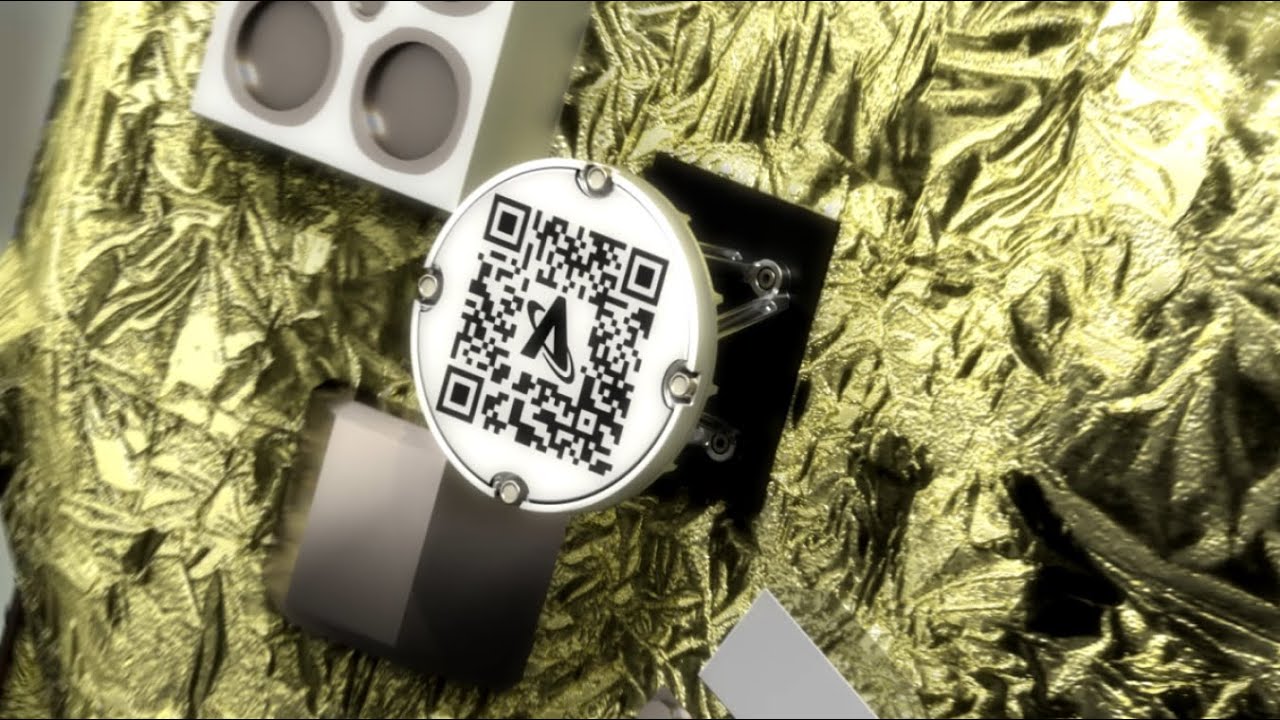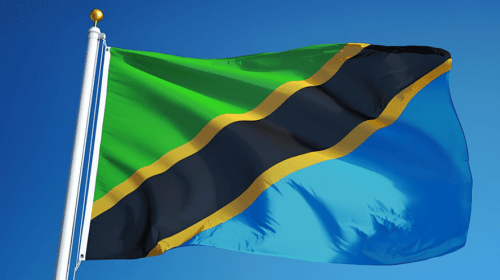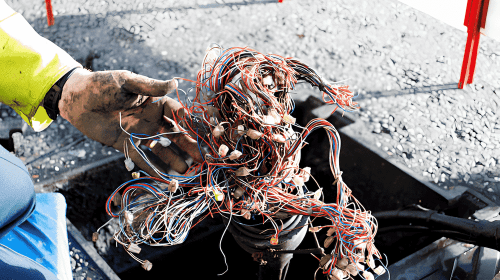Potential Use in Upcoming Eutelsat Satellite Launch
Apr 21, 2025
Industry sources report that Astroscale UK has finalized a major contract with Airbus Defence and Space for their cutting-edge second-generation docking plates. The March 25 announcement revealed an order exceeding 100 units, establishing Airbus as the first major aerospace company to adopt this technology at commercial scale. The specialized plates are engineered to streamline in-orbit servicing and enable end-of-life satellite removal, offering compatibility with various satellite platforms and docking methods including robotic and magnetic capture systems. Astroscale representatives emphasized that such innovations address mounting concerns about orbital debris and play a critical role in maintaining long-term space environment sustainability—a development observers consider a significant stride toward more responsible commercial space operations.
 Astroscale’s second-generation docking plates promo. Credit: Astroscale
Astroscale’s second-generation docking plates promo. Credit: Astroscale
The company explained that their docking plate had been designed from their previously space proven ELSA-d and ADRAS-J missions and had undergone extensive qualification testing. The product was tested to the extent that it was low risk and ready to produce, and this testing included radiation resistance, UV durability, vibration tolerance and shock resistance. It was described as a durable and reliable solution for long duration satellite missions with a flight lifetime of more than 15 years. Additionally, the docking plate features advanced ferromagnetic technology that allows for reliable capture during servicing while remaining minimally intrusive. Nick Shave, managing director of Astroscale UK, emphasized that industry’s commitment to sustainable space operations was evident in this substantial order from Airbus.
However, the report did not identify which satellite program would use the docking plates but noted that Airbus recently secured a large order of 100 satellites from Eutelsat Group for the OneWeb constellation. The satellites reportedly would provide continuity for OneWeb before Europe’s IRIS constellation goes into service. The ordered docking plates potentially have an application in this context. Airbus itself was also reported to have said the 100 satellites would be manufactured in Toulouse, France, with production slated to begin in 2026. Airbus OneWeb Satellites, a joint venture between Airbus and OneWeb, had previously constructed the existing OneWeb satellites in Florida. Earlier in the year, Airbus had bought Eutelsat’s stake in this joint venture, which helped it to consolidate its position in the satellite manufacturing process, the report said.
The announcement revealed that Eutelsat had indicated Airbus would build the satellites in batches and deliveries would begin at the end of 2026. According to Alain Fauré, the head of Space Systems at Airbus Defence and Space, Airbus Defence and Space are committed to the successful continuation of the OneWeb constellation and to continuing to serve Eutelsat’s business needs as they did over previous decades. This statement also highlighted the continued relationship between the companies and the significance of the satellite production initiative. These satellites would be compatible with Europe’s proposed IRIS2 multi-orbit constellation, indicating forward compatibility with broader European space infrastructure plans. Strategic long-term planning is suggested in the satellite deployment with integration into future systems. This collaboration underscores the strong commitment of both companies to innovate in satellite technology, enhancing connectivity and supporting future advancements in space infrastructure.





